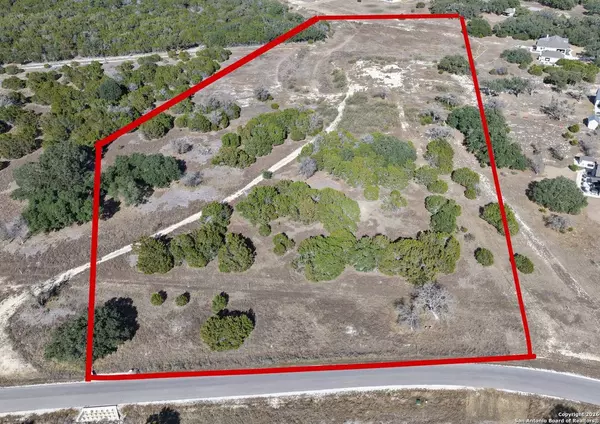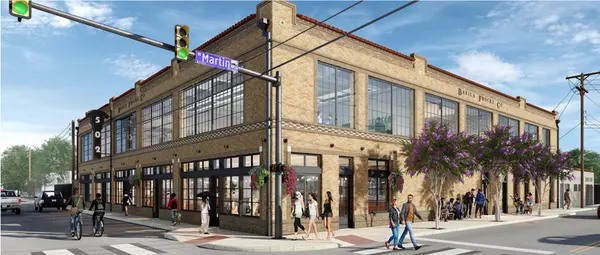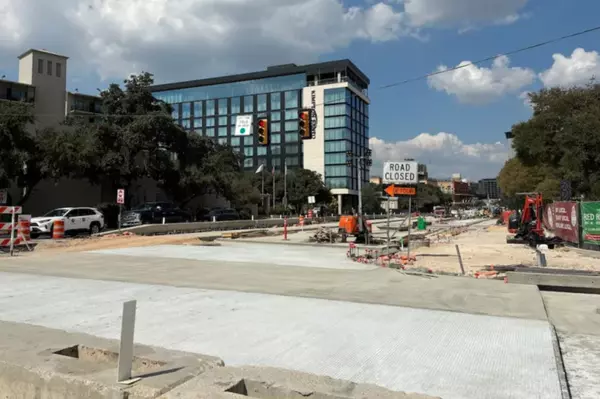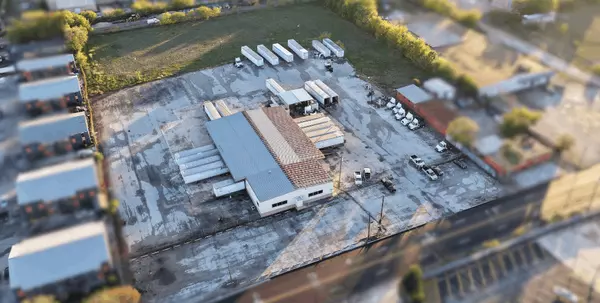San Antonio Scientists Develop Promising New Drug to Prevent Opioid Overdose
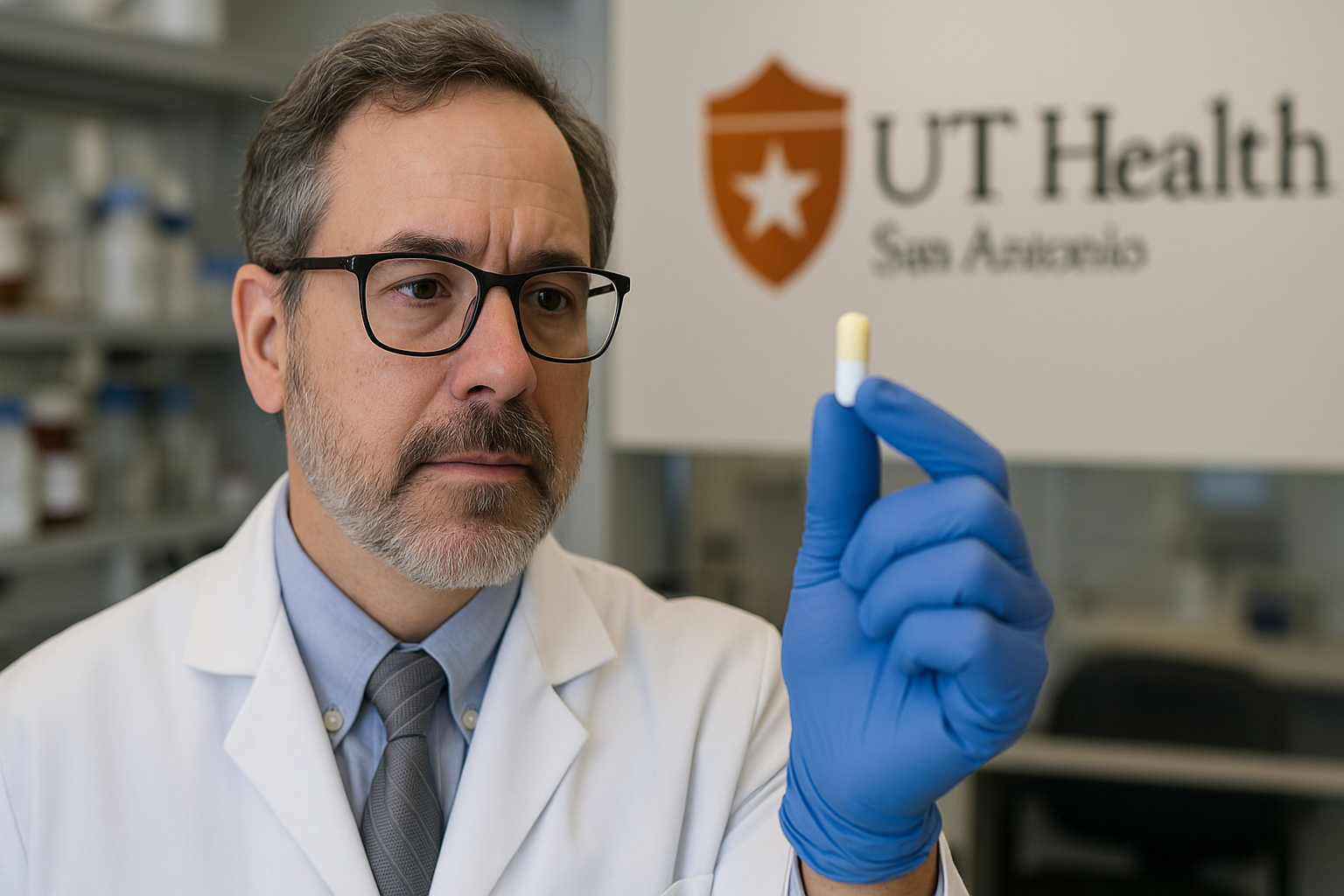
Can a breakthrough from San Antonio researchers help save lives in the fight against opioid addiction?
UT Health San Antonio may have found an answer. Scientists there have developed a promising new medication, known as methocinnamox (MCAM), that could both prevent opioid overdoses and discourage relapse among people in recovery.
Why This Breakthrough Matters
Opioid overdoses claimed the lives of around 80,000 people in the U.S. last year. While that number is lower than in previous years, it still reflects a staggering public health crisis. Charles France, PhD — professor of pharmacology and psychiatry at UT Health San Antonio — has been studying this issue for years. He explains that while current treatments like methadone, buprenorphine, and naltrexone help, they’re not enough on their own.
“Clearly more is needed,” France said, and MCAM could fill a critical gap.
How MCAM Works
Like naloxone, MCAM blocks the effects of opioids. But it offers one key advantage — its protection lasts for days or even weeks, compared to naloxone’s one-hour window. This means MCAM could be used not only to reverse overdoses but also as a preventive tool for those at risk of relapse.
“They'll neither experience the euphoria nor could they kill themselves because this drug will protect them,” France explained.
By removing the “high” opioids produce, MCAM reduces the incentive to use, addressing a concern some critics have about naloxone — that it can unintentionally encourage repeated use by reducing the immediate danger.
Potential Impact in San Antonio and Beyond
MCAM’s long-lasting effect could change how opioid addiction is treated, especially for those in recovery. Someone who has struggled with opioid use disorder could take MCAM periodically and remain protected even if they encounter triggers or moments of vulnerability.
“It doesn't provide a high, it doesn't deal with craving, but what it does is an excellent job of blocking the effects of opioids to prevent people from overdosing,” France said.
Human trials are expected to begin before the end of this year, a milestone that brings the possibility of real-world use closer than ever.
A Passion for Mental Health and Recovery
For France and his team, this work is deeply personal. “I'm passionate about it because I care about mental health,” he said. “I care about people who are suffering from substance use disorders, and I think the drug we're developing now can really make a difference in human health.”
The Science & Medicine initiative — a collaboration between Texas Public Radio and The University of Texas Health Science Center at San Antonio — continues to spotlight how local research is shaping the future of medical treatment. MCAM is just one example of how innovation happening right here in San Antonio could save lives far beyond the city.
The Takeaway
The opioid crisis remains one of the most pressing health challenges in the U.S., but breakthroughs like MCAM offer hope. If approved, this San Antonio-developed drug could become a game-changer, protecting lives and giving those in recovery a stronger chance to stay there.
📬 Brought to you by CallTheCavalryGroup.com — Connecting you to San Antonio’s most impactful stories and local innovations.
Recent Posts

